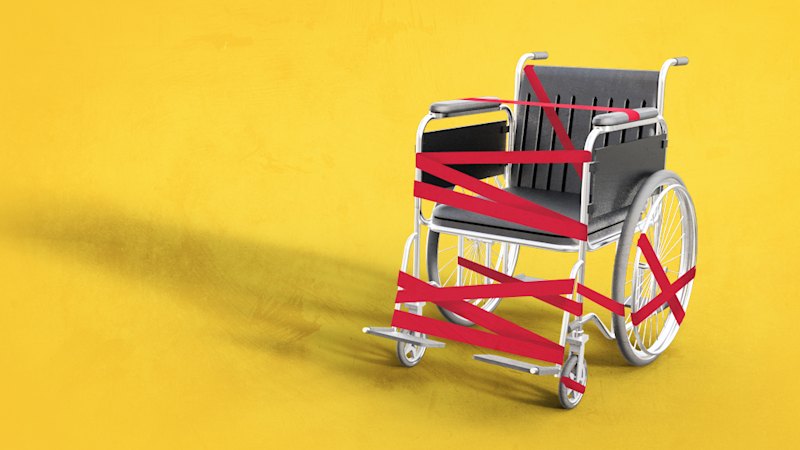
The National Disability Insurance Scheme (NDIS) is set to implement significant changes in how support is assessed for its participants. Starting from mid-2026, individuals aged 16 and older will undergo a new disability “needs assessment” interview, replacing the previous requirement of sourcing evidence from family doctors or allied health professionals. This shift aims to enhance consistency across the scheme, which has a budget of approximately $48 billion.
The new assessment process will involve a face-to-face interview lasting up to three hours, where trained assessors will ask comprehensive questions related to 12 key areas of life, including mobility, communication, self-care, physical health, and domestic life. This approach is designed to focus on support needs rather than the specifics of participants’ impairments.
Jenny McAllister, the NDIS Minister, emphasized that the agency has selected an assessment tool called I-CAN, developed by the University of Melbourne and the Centre for Disability Studies, which has been refined over two decades. McAllister stated that this initiative aims to make the NDIS “fairer, simpler, and easier to use” for its 740,000 participants.
The government has expressed concerns that individuals lacking resources to obtain extensive medical reports could be disadvantaged during the planning process. Previously, the NDIS assessors indicated that they struggled to review lengthy external documents effectively. McAllister remarked, “It can take a long time and cost a lot of money for people to source supporting evidence to have a planning meeting. There is a better way.”
Despite the government’s intentions, there has been backlash from segments of the disability community. The advocacy group Every Australian Counts has launched a parliamentary petition urging that participants retain the right to submit their own professional reports. The group highlighted on social media, “The NDIA no longer has to consider the evidence you provide… Instead, decisions will be based on internal assessments that might not reflect your real-world needs.”
This overhaul aligns with recommendations from a review of the NDIS, which called for substantial changes to improve the scheme’s operations. Alongside the new assessment framework, participants will also be given longer-term plans and have their funding released in blocks. The government is pursuing these changes not only to reduce the scheme’s annual growth rate but also to enhance equity and maintain its social license.
Public opinion on the NDIS remains divided. A recent Resolve poll indicated that 27 percent of Australians believe the scheme is too expensive and should be cut back, while an equal proportion think it requires more funding to support additional beneficiaries. Another 23 percent view the scheme as essential and advocate for maintaining its current funding level.
The proposed assessment framework draws parallels to the previous government’s initiative to introduce “independent assessments.” The former Coalition government argued that individuals with disabilities often had to incur costs to gather reports, leading to inconsistent outcomes based on geographic location and access to professionals. These independent assessments were also intended to be free and last approximately three hours.
However, that plan faced significant opposition from the disability community, as well as the Greens and the then-Labor opposition. Former NDIA chief executive Rebecca Falkingham commented in February that allied health professionals should focus on delivering services rather than generating reports. She noted, “To be really frank about it, my [agency] staff can’t read the 280-page reports that they get.”
Falkingham added that the new support needs assessment would actively involve participants in the process, allowing them to engage with their budget and the implementation of their plans. The University of Melbourne and the Centre for Disability Studies will collaborate with the NDIS to refine the assessment tool over the next five years to ensure it meets the needs of the scheme.
Jason Thompson, a professor at the University of Melbourne specializing in mental health system reform, stated the aim is to develop an assessment process grounded in evidence and lived experience, ensuring it upholds values of validity, fairness, and transparency.
As the NDIS embarks on this transformative journey, the impact on participants and the broader disability community remains to be seen. The government’s commitment to using technology in assessment processes may reshape how support is delivered, but it will be crucial to balance efficiency with the real needs of individuals.






